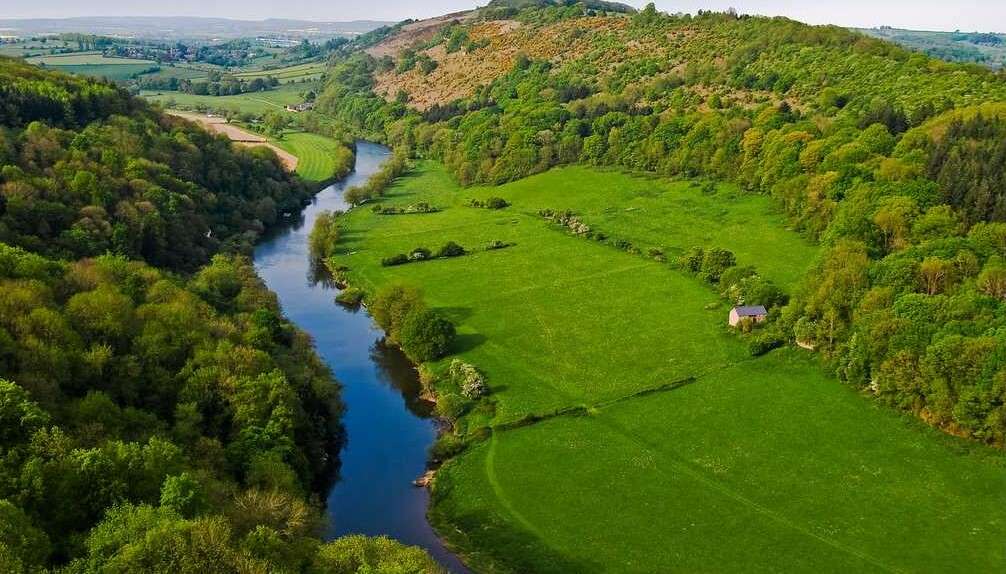Canada Agrees 200 Islands Belong to the Indigenous Haida Nation
Rather than the Canadian government giving something to a First Nation, the agreement admits the Haida Nation always owned these islands.

The fourth-longest river in the UK is declining due to farming pollution, but the government has appointed several former and current MPs to organize its rescueâarmed with £35 million.
The River Wye is classified as a Site of Special Scientific Interest, as well as a Special Area of Conservation, while the lower half where it runs through the Wye Valley in Wales is classified as an Area of Outstanding Natural Beauty.
Nevertheless, the river is heavily polluted by agricultural runoff, and a recent assessment by Natural England found that the status of the river is "declining." Running through Herefordshire, some 10 million chickens are reared every year in poultry operations in the area, and excess nutrients from farming along the banks have caused algae blooms that are removing oxygen and diminishing the water quality.
In March 2023, a High Court claim was brought against the UK Environment Agency by environmental charity River Action for failing to take action to protect the Wye from environmental pollution.
Though this case has yet to be settled, Jesse Norman, the Conservative MP for Hereford and South Herefordshire, took action to try and reverse the downtrend of water quality.
Home to otters, kingfishers, white-clawed crayfish, herons, and the Atlantic salmon, the Wye is recognized as critical for not only British conservation but also by the EU as valuable for the whole continent.
"The challenge is now for us all, including farmers, Welsh Water, Herefordshire Council, wildlife and environmental groups… to respond quickly and decisively to make it happen," Norman told the BBC.
The £35 million will be given to farmers as incentives to prevent runoff, particularly of chicken manure, into the river with the planting of buffer zones: thick and diverse strips of greenery along field and farm boundaries that catch fertilizer and manure before rains can wash it into the Wye.
They will also reimburse farmers for the purchase of incinerators to remove chicken manure and poultry waste on-site.
Some campaigners believe the actions are not enough, and are more like a bandage rather than a cure for the problem.
SHARE This Plan That Will Hopefully Return This Scenic River To Former Glories…
Be the first to comment